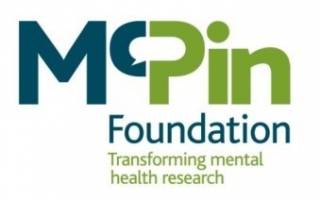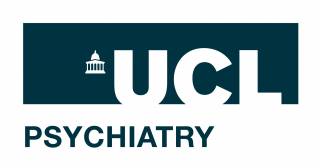The rationale for the Community Navigator Trial and a description of what a Community Navigator does.
Background
Patients termed as having ‘treatment resistant’ depression (TRD) are not helped by anti-depressants, with specialist psychological treatments unable to help in most circumstances. The detrimental impact of depression has long been identified, yet established social interventions are few and far between. Loneliness, defined as the individually experienced gap between desired and actual social relationships, is an independent predictor of recovery from depression. Those with depression are more likely to experience loneliness when compared to the general population, but the relationship between depression and loneliness is often overlooked by mental health services. This might be due to the lack of well-developed and effective programmes. The Community Navigator trial intends to address this gap in evidence by testing the effectiveness of a social intervention that would act by a different mechanism from pharmacological and psychological interventions available. The intervention could help mental health services provide biopsychosocial care for those who are not adequately helped by current treatments.
A review of interventions for subjective or objective social isolation was published in November 2019 by Johnson and Lloyd-Evans. Three research databases were searched combining terms for: subjective and objective social isolation, mental disorders, and trials. The review retrieved 19 trials of interventions for subjective social isolation (loneliness, or the conceptually related outcome perceived social support). Of 16 trials which compared an active intervention with routine care, one of two which used a supported socialisation intervention reported positive results for subjective social isolation, compared to two of four trials of cognitive approaches, and none which used other or mixed approaches. No trials involved a TRD population or a contemporary UK care context. The review concluded that more trials are required to determine effective interventions for subjective social isolation.
The Research: Readiness of the Community Navigator Programme for a Trial
A feasibility study of the Community Navigator programme was a success. It established four key things:
There is high interest in a Community Navigator programme, and it is possible to recruit participants with TRD in secondary mental health care
Trial retention and outcomes data collection are feasible
The intervention can be delivered as intended and is acceptable to
The feasibility trial was not designed to evaluate effectiveness, but the direction and magnitude of effect for outcomes, were consistent with the hypothesis that the programme can help reduce loneliness and depression for people with TRD. Qualitative feedback indicated that participants valued the support and found it helpful in developing their social connections and improving their mood, they were also understanding of the effort required as addressing loneliness is challenging, and that the programme was welcomed by clinical teams at participating services.
A link to the feasibility study website can be found here.
From the success of the feasibility study, the full randomised controlled trial of the Community Navigator programme will investigate the following hypotheses:
- Primary hypothesis: that people with TRD who are randomised to the Community Navigator programme in addition to routine care, will be less depressed at the end of treatment, compared to a control group.
- Secondary hypothesis: compared to controls, those randomised to the Community Navigator programme will be less depressed at 14 months (six months after the end of treatment) follow up, and less lonely, less anxious, with better personal recovery at 8 and 14-month timepoints.
- Further hypothesis: to determine the cost-effectiveness of the Community Navigator programme, and to explore its perceived impact, how benefits were achieved, and key considerations for its provision in NHS settings.
Qualitative Research
The qualitative aspect of the Community Navigator Trial will be conducted by the McPin Foundation.

What is a Community Navigator?
Community Navigators give people a chance to explore opportunities in their local area and how they might become involved with more people, groups, and activities. Participants will be allocated a personal Community Navigator, who will work with them to think about how to become more involved with other people and their community, and who will support them to take steps towards achieving this aim. The frequency and timing of 1:1 meetings can be decided flexibly between the participant and the Community Navigator, to meet the participant’s needs. Support will involve three stages:
- The Community Navigator uses established processes to help people map their social world, visually mapping people, places, and activities which are subjectively important to the person and considering lapsed activities or contacts which the participant might want to resume, or new social groups or connections they might wish to develop. This mapping will be combined with exercises helping people to review and develop their current and desired sense of belonging to social groups.
- This information is then used by the Community Navigator to help the participant develop a “personal connections plan”, recorded using a bespoke chart developed in the feasibility study. Participants develop goals for increasing their social connections and are helped to break these goals down into steps. Additionally, they identify personal resources and support within their network and community which can help them achieve their goals. Plans may involve engaging in new social groups and developing new contacts, or reconnecting with groups, friends, or family; developing more meaningful social connections with people within existing social groups or activities that are valued and reinforce positive social identities.
- The Community Navigators will provide different types of social support as appropriate to help participants enact their plans: this may include informational support, practical support, or emotional support. Community Navigators will use solution-focused problem-solving approaches to help participants break down goals into smaller steps if proving challenging. Participants’ social network maps will be reviewed and any progress in developing social connections encouraged and celebrated. Community Navigators will ensure that participants are supported to develop social connections that they can independently sustain without long-term support from a Community Navigator.
 Close
Close



